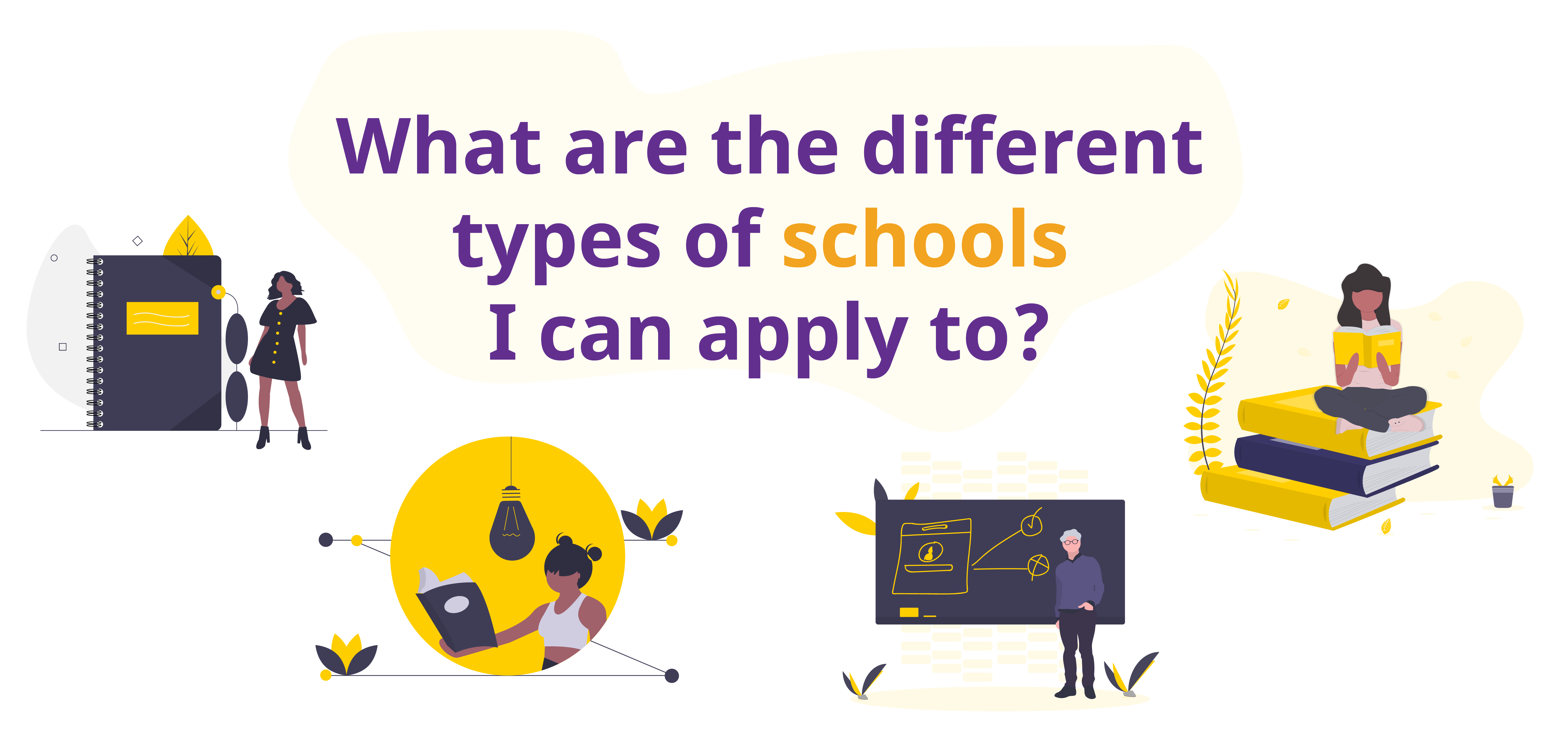
What Are The Different Types of School I Can Apply to?
Introduction
Having had the opportunity to be involved in tutoring for nearly a decade, there is a worrying trend that I’ve observed, and that is more and more parents are concerned even anxious about the secondary school process, putting an enormous amount of pressure on both themselves and their children to get into the ‘Top schools’ because understandably they want the best possible education for their children.
Many parents hire companies like mine to give their children support and an advantage in the process, and whilst I honestly believe tutoring on the most part can be a very worthwhile and rewarding experience for students and parents alike, I also recognise that this isn’t an option for many aspirational households. I also believe there is a lot of misinformation out there and Parents are sometimes taken advantage of, so I’ve compiled this series of articles to demystify the secondary school process and provide clarity for parents so you can be informed make the best decisions for your child and family. Let’s start with understanding the types of schools there are to choose from. There are a number of different school models in the UK education system and it’s important to know what they are and what the difference is between them, so you can decide which one is best for your children.
State School
This is a school that is paid for by the government, generally schools that are paid for by the government have the follow the national curriculum.
Comprehensive School
A comprehensive school is the name given to a school that any student can attend, regardless of how well they do in exams and where everyone is taught together (note that these schools can still use sets to teach students of different abilities). They are usually run by a local authority mostly your local council.
Faith School
These are schools that are focused on a particular religion. They generally have to follow the national curriculum, but have more freedom when it comes to what is taught about religion and which children can attend the school.
Grammar School
These are schools that children can attend from the age of 11 which the government pays for, but they are different from comprehensive schools because they select their pupils using an exam known as the 11-plus, which students sit at the age of 10 or 11.
The test often includes topics such as; maths, verbal reasoning, comprehension and creative writing.
Academies and Free Schools
These types of schools are paid for by the government but are allowed more freedom over their own curriculum, timetables and the students that they let in. Unlike comprehensives they receive their funding directly from the government and not a local authority. The Harris federation of schools are an example of an Academy.
Independent Schools
Also called private schools, have more say over how they run themselves as they are not paid for by the government. To attend these schools Parents pay school fees (normally in the thousands) which are used to pay to run the school and they can design and use their own examinations to determine which students attend these schools. These tend to be some of the most prestigious schools in the country including Eton and Harrow.
Take away thoughts
It’s important Parents don’t make decisions based on reputation alone there are many factors to consider, the main thing should be finding the right fit for your child. I’ll be taking you through in subsequent posts the on kinds of things you should be considering when making this decision.